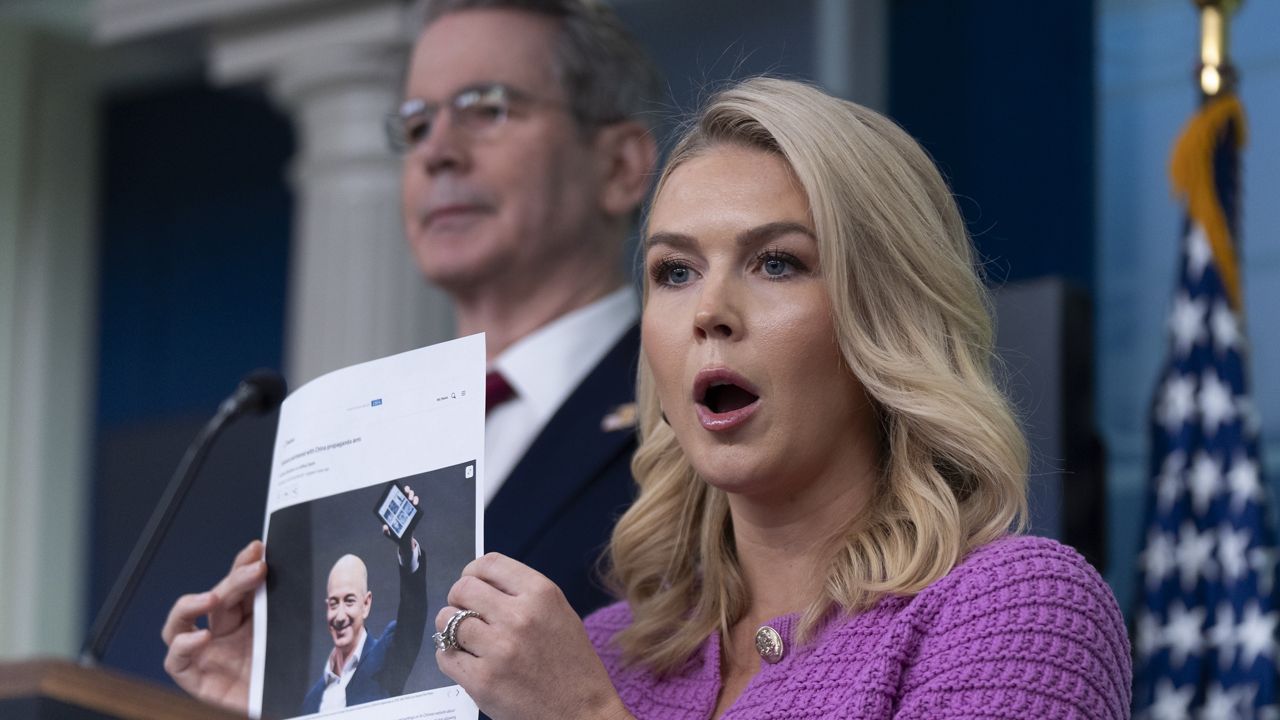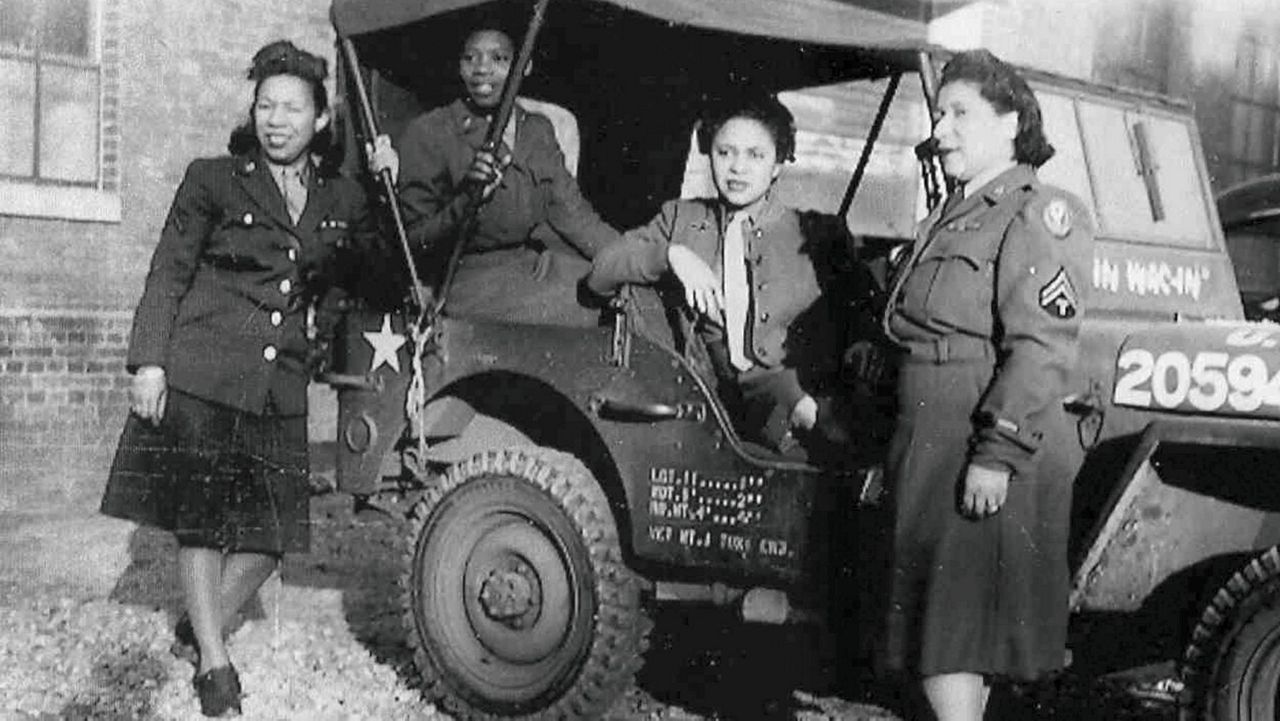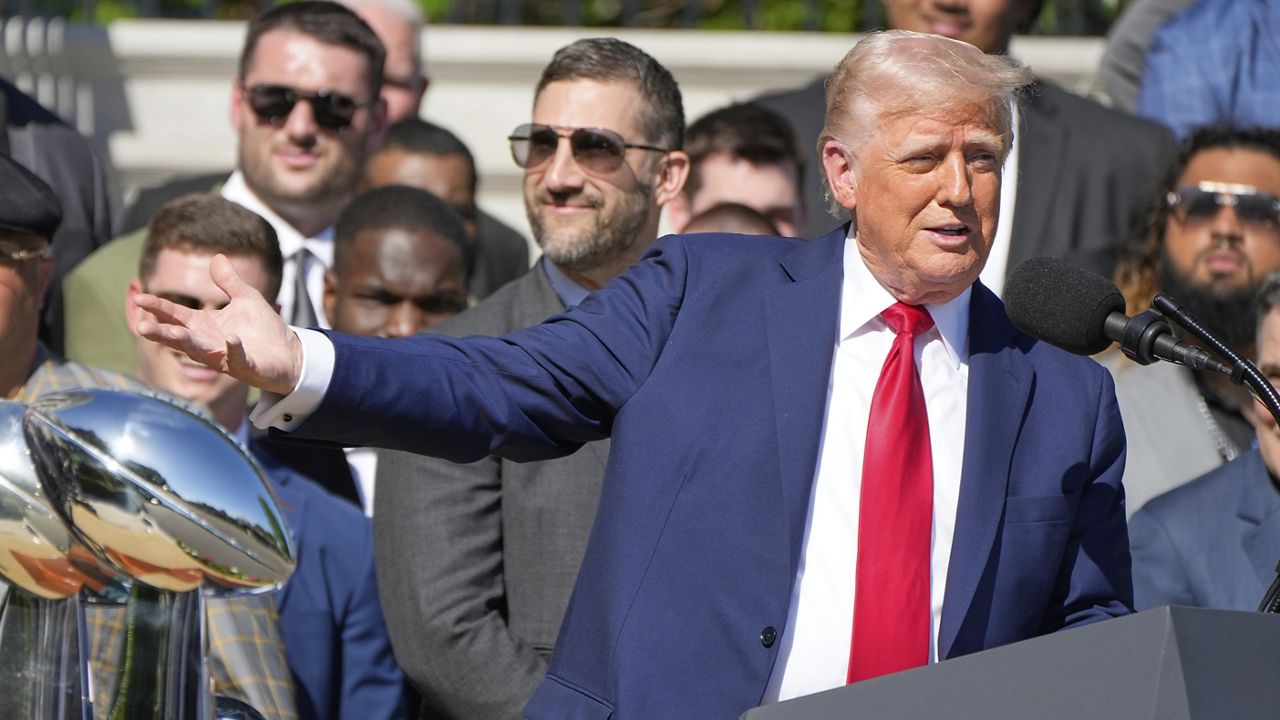Vice President Kamala Harris is expected to propose a ban on corporate price gouging in the food and grocery industries as part of her 100-day plan if elected president in November to lower costs and crack down on companies “jacking up” prices.
The official announcement of the proposal will come at an event in Raleigh, North Carolina on Friday, where she is set to roll out a larger economic agenda, according to her campaign.
“Although some grocery prices have come down recently, many large retailers who are now experiencing lower production costs have kept prices high in order to secure record profits, instead of passing savings along to consumers who are struggling to afford food and other basic necessities,” her campaign said in a press release.
The plan will include giving the Federal Trade Commision and state attorneys general the power to investigate and impose penalties on corporations for such actions. She will also seek to give more assistance to small businesses to help them compete with larger companies.
Another priority if elected, her campaign said, will be cracking down on mergers between big food corporations. She will pledge to put resources toward investigating such proposals that could stifle competition and lead to higher prices.
Harris is expected to specifically call out the meat processing industry on Friday for soaring prices amid what her campaign says is a consolidated industry.
Harris has faced some questions over her decision to veer on the lighter side when it comes to laying out any concrete policy priorities during her first three weeks since President Joe Biden dropped out of the race and endorsed her.
The vice president on Friday is also expected to lay out a plan to lower housing costs for Americans by seeking to spur the construction of three million new housing units, crack down on price fixing and provide down payment assistance to first-time home buyers.
Her proposal also calls for a $6,000 Child Tax Credit for families with newborn children for the first year of their life, an expansion on the Biden administration's $35 insulin cap for Medicare recipients to everyone and a $2,000 out-of-pocket cap for prescription drugs.
To help facilitate the creation of new housing units, Harris will propose providing tax incentives for companies that build starter homes and sell them to first-time homeowners, as well as expanding incentives for those building affordable rental housing. She will also look to create a $40 billion “innovation fund” to support creative methods of construction financing and help local governments find housing solutions.
In a bid to lower rent, Harris will call on Congress to pass two pieces of legislation: one that cracks down on data firms used by landlords to fix prices and another that would remove tax benefits for major investors from buying and marking up homes in bulk.
The vice president will also pledge to provide up to $25,000 in down payment assistance to first-time home buyers, which her campaign says would lead to more than four million buyers receiving help.
Her economic speech in North Carolina — a Republican-leaning state her campaign is putting resources toward flipping in November — will be her first event focused specifically on rolling out a policy agenda.
The vice president gave her first taste of a new policy she would embrace at a rally in Las Vegas last weekend when she said she would end taxes on tips — an idea former President Donald Trump proposed weeks ago on the campaign trail, prompting the Republican presidential nominee to accuse Harris of copying him.
The Harris campaign said the vice president will also propose ideas to take on housing and prescription drug costs as part of her economic agenda. The Raleigh event will come one day after Harris is set to join Biden on Thursday to tout a significant step in their efforts to lower prescription drug costs — a somewhat rare joint event with the two, especially since Harris became the likely nominee.
The vice president on Friday may also look to create her own vision separate from the current president’s, as inflation — despite falling significantly since its peak in 2022 and the country receiving good news on the topic on Wednesday — has plagued voters’ views of Biden’s handling of the economy.
Trump on Wednesday was in North Carolina to give his own address on the topic in which he criticized Biden and Harris for their handling of the economy and the inflation under their watch.
“Kamala has declared that tackling inflation will be a ‘day one priority’ for her," Trump said on Wednesday. "But day one for Kamala was three and a half years ago – why hasn’t she done it?”







_crop)

